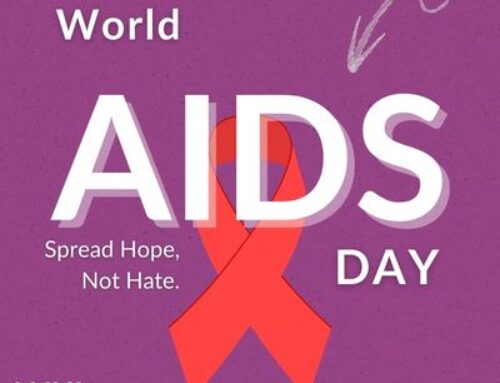African American History Month is celebrated annually in February. This month is set aside as a time for African Americans to collectively celebrate racial pride and assess America’s greater commitment to equality of freedom.
The History
Initially started by Carter G. Woodson and the Association for the Study of African American Life and History (ASALH®) as Negro History Week in 1926 to promote the achievements that African American researchers were uncovering. Woodson believed that history was made by the people and not just a few great men. He felt it was essential to study and celebrate African Americans as a race. The 1960s had a dramatic effect on the study and celebration of black history, and Negro History Week would be well on its way to becoming Black History Month. By the late 1960s, as young blacks on college campuses became increasingly aware of links with Africa, Black History Month replaced Negro History Week at a quickening pace.
In 1976, fifty years after the first ASALH celebration of Negro History Week, the Association used its influence to change it from a week to a month and from Negro history to black history. The first official observance of Black History Month came in February 1976, from President Gerald Ford, whose words proclaimed: “In the Bicentennial year of our Independence, we can review with admiration the impressive contributions of black Americans to our national life.” In 1986, the U.S. Congress designated the month of February as “National Black History Month.” President Ronald Reagan issued the Presidential Proclamation 5443, noting that “the foremost purpose of Black History Month is to make all Americans aware of this struggle for freedom and equal opportunity.”
How It Is Celebrated
African American History Month is how our nation honors its greatest African American moments and people by setting aside a month to give special attention and meaning to all African Americans. During February, African American History is featured on television, at museums, through literature, the visual arts and music. Special studies and events take place in schools and communities. Each year, the ASALH also has a theme to bring particular focus to a specific area of African American history and even its continued struggle.
Washington Health Institute Is Here For All
At Washington Health Institute, we know how important it is to feel valued, respected and well cared for when seeking any medical treatment, from primary care to infectious disease treatment and management. That’s why our expert team is dedicated to fostering a safe, welcoming and comfortable space for all our patients starting from the moment you first walk through our doors.
Contact us today online or call 202-525-5175.
Learn more about African American History Month and the life, history, and culture of African Americans on the Association for the Study of African American Life and History (ASALH®) website.





